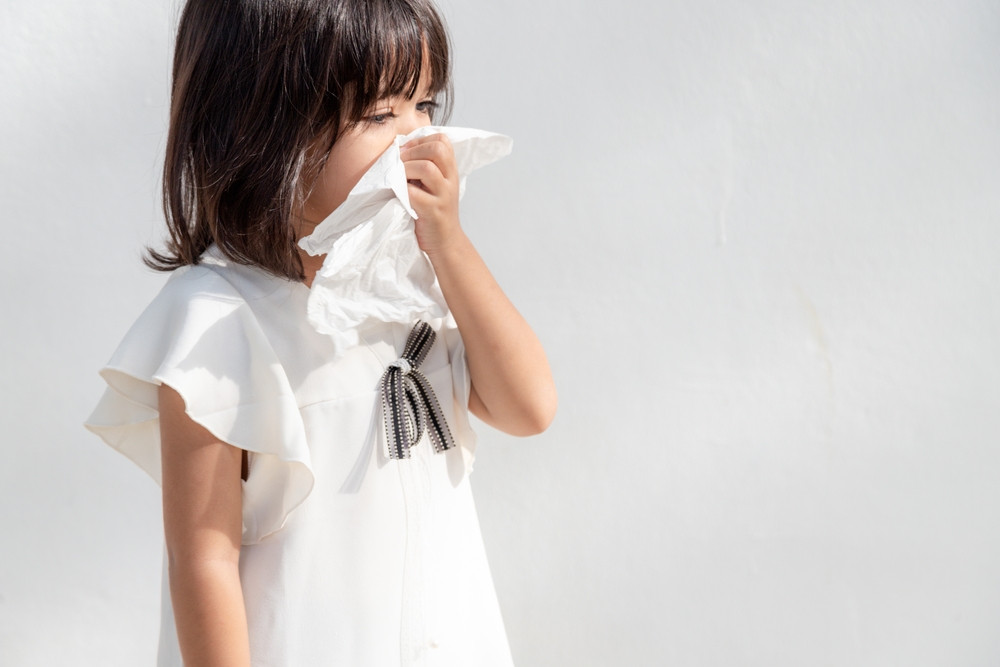Paediatric Immunology, Allergy and Infectious Disease

About Paediatric Immunology, Allergy and Infectious Disease
Paediatric Immunology, Allergy and Infectious Disease is a paediatric sub-speciality that focuses on the diagnosis and treatment of immunological issues, allergies, and infectious diseases in infants, children, and adolescents. This subspecialty involves studying the function of the immune system in children, such as primary immunodeficiency disorders and autoimmune diseases. It also involves identifying and managing allergic diseases, including allergic reactions to environmental factors, food, medications, etc. The field also deals with diagnosing recurrent or unusual infections, preventing and treating various infectious diseases that affect children, and providing guidance on immunisations and infection control.
Diseases Conditions
Conditions related to the immune system and allergies
Common childhood infectious diseases
Diagnosis and treatment procedures?
Allergy Test
The purpose of allergy testing is to identify which specific allergens a person has an allergic reaction to. Doctors can provide appropriate treatment and management recommendations for allergy patients based on the test results. We offer various allergy testing methods for different allergy symptoms, including:
Drug allergy assessment and testing
Read more﹕How to choose allergy testing? Comparing 3 suitable testing methods for different individuals
Desensitisation therapy
Desensitisation therapy is a treatment method used to address severe allergic reactions caused by specific allergens. The aim of desensitisation therapy is to reduce or eliminate the body’s response to a particular allergen, thereby improving the patient’s tolerance to it. Desensitisation therapy methods include:
Subcutaneous Immunotherapy (SCIT)
Sublingual Immunotherapy (SLIT)
Oral Desensitisation
Drug Desensitisation
Sublingual immunotherapy carries a relatively lower risk among these methods, making it particularly suitable for paediatric patients. However, patients are still advised to take antihistamines before undergoing the treatment to minimise potential side effects. As allergic reactions may occur during the treatment process, it is crucial to have medical professionals supervise the procedure. The duration of treatment varies depending on individual circumstances and may range from several months to several years. Desensitisation therapy is an effective option in some instances, but it may not be applicable to all allergic conditions. The decision to pursue desensitisation therapy is based on factors such as the patient’s medical history, the nature of the allergen, and the overall health condition, as determined by the doctor.